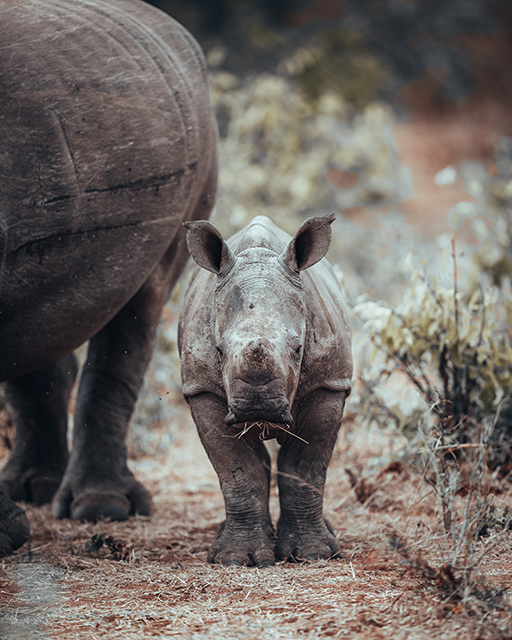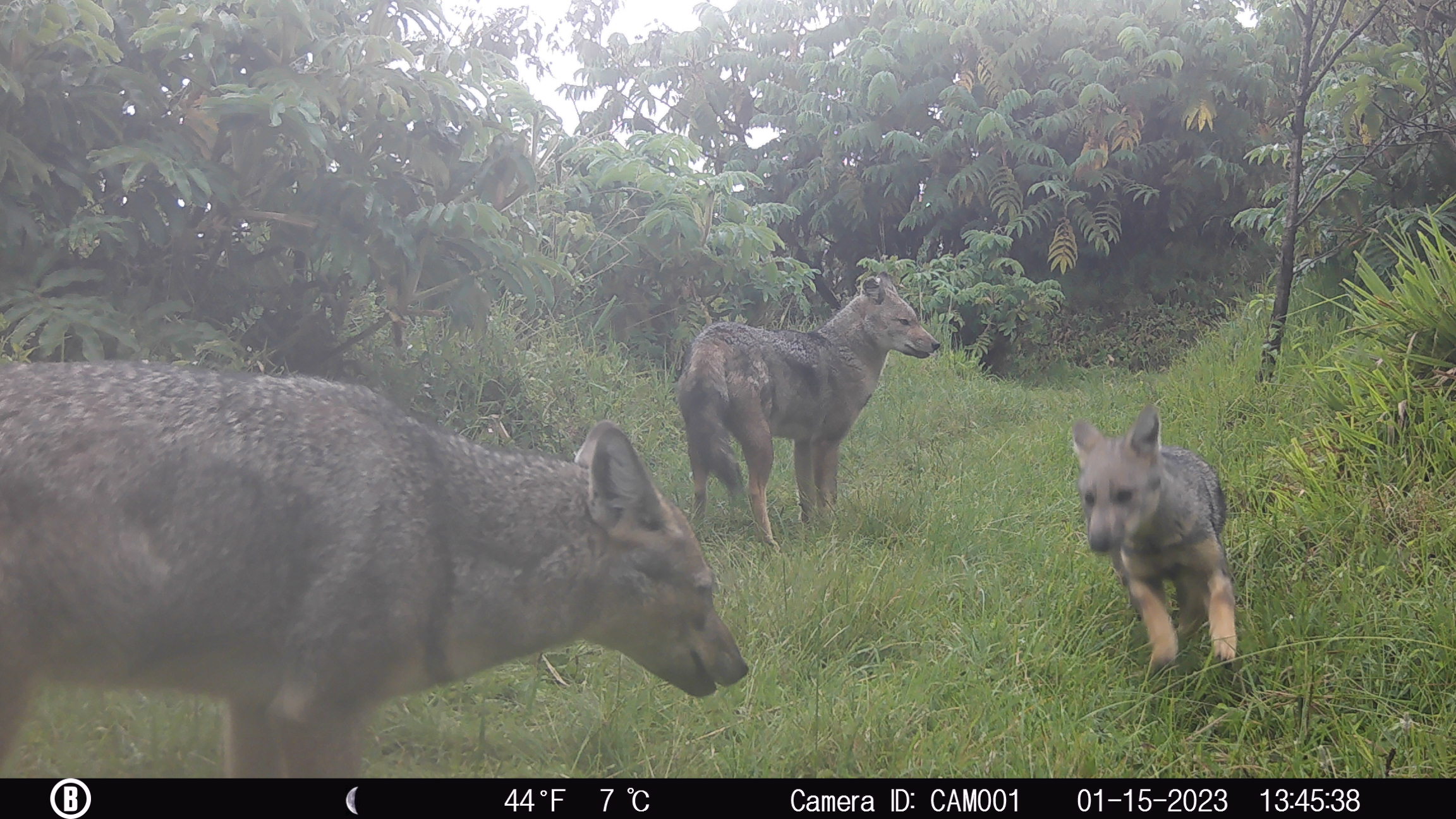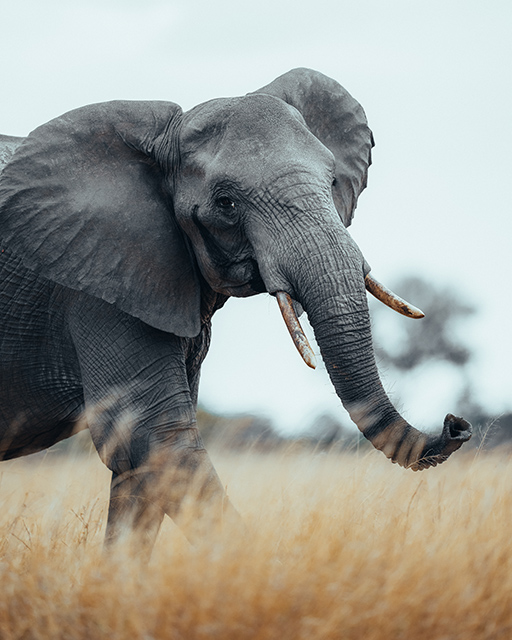Africa
Celebrating conservation partnerships on World Wildlife Day
Conservation
Culture & Communities
Wildlife
Lauren Dold
3/3/2023
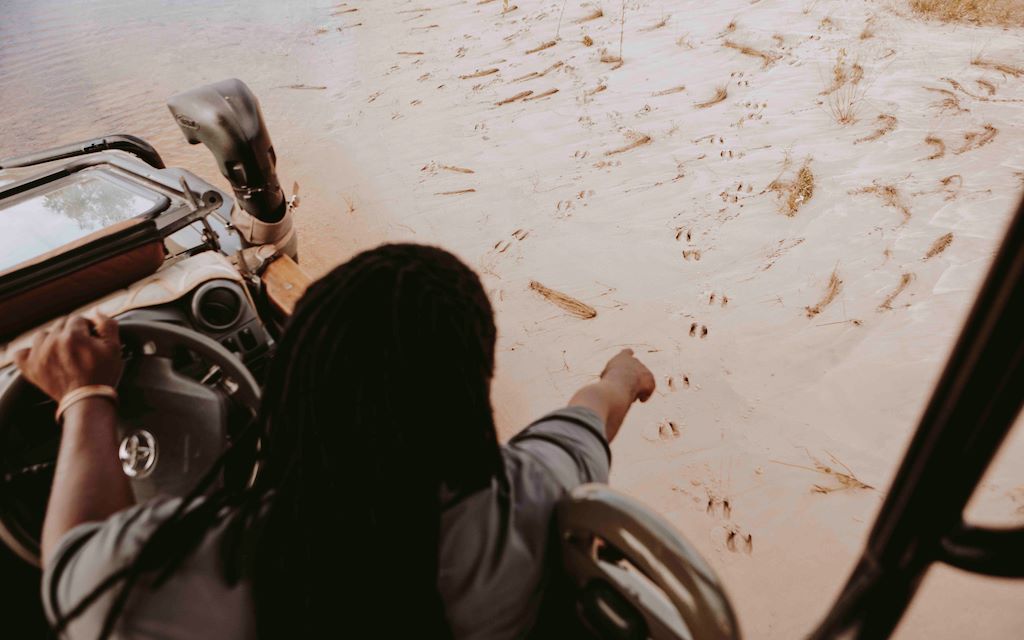
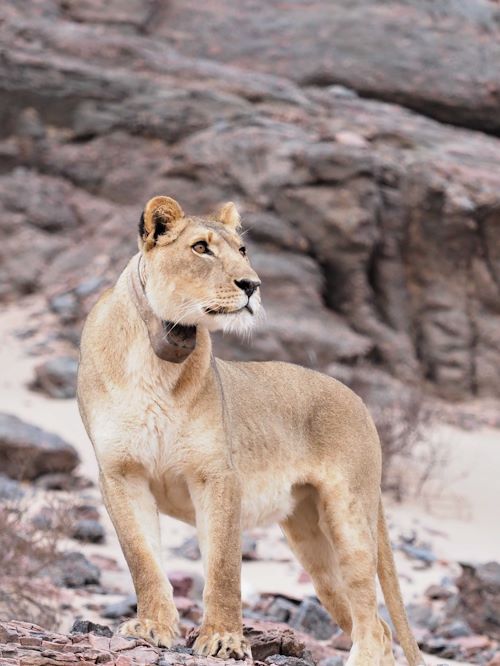
World Wildlife Day 2023
Conservation. Collaboration. Co-existence. Our approach to helping conserve the wild places we operate in has always been one of co-operation; joining forces with local conservation groups in the field, on the ground, making a real difference.
Every year on 3 March, the planet celebrates World Wildlife Day. This year’s theme, Partnerships for Wildlife Conservation, perfectly encapsulates Wilderness’ ongoing approach to conservation. We’re in it for the long haul. As part of our ongoing aim to increase the world’s wilderness, we collaborate with conservation groups across Southern and East Africa who work to make sure the wildlife and people of these regions thrive alongside one another.
Lionscape Coalition
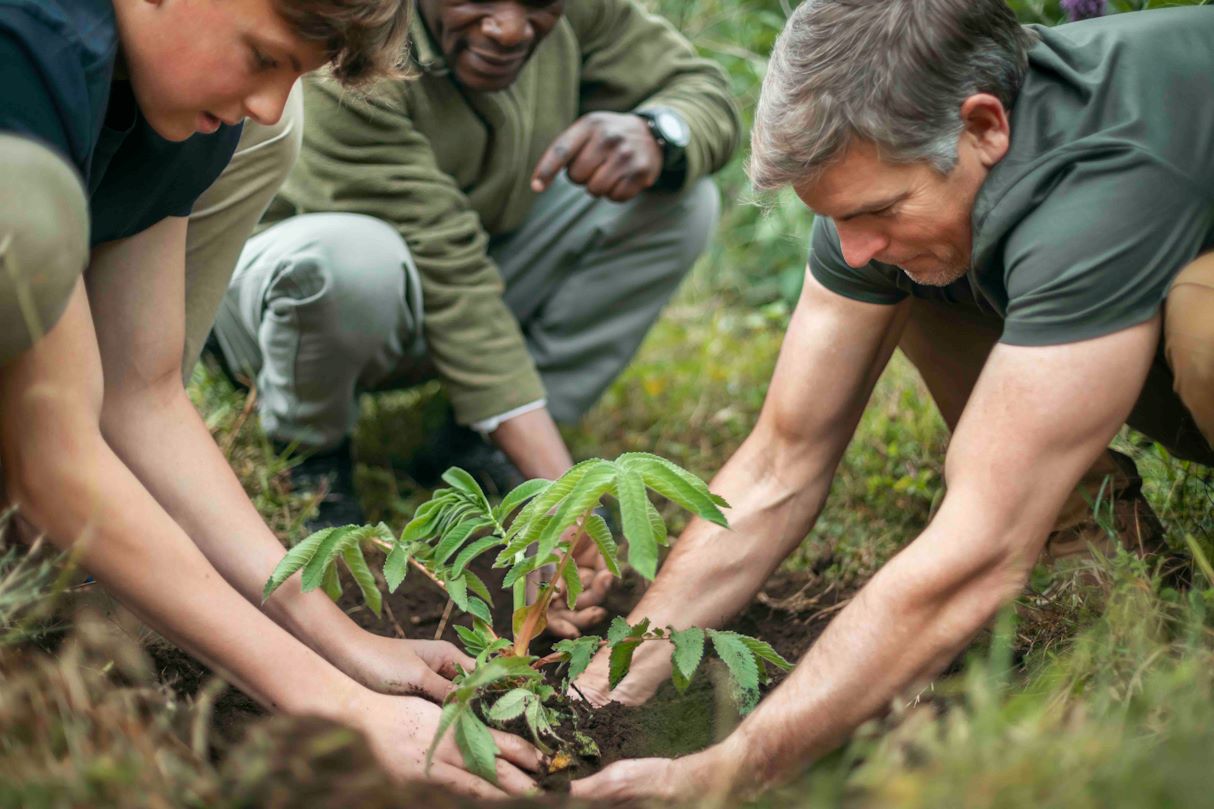
Partner with us for conservation
Enquire hereMore to discover

The Hoanib – Linear Oasis of the Namib
Ephemeral rivers are seasonal but sustain wildlife in dry area. Learn about Hoanib River formation. ...
Read moreMartin Benadie
30.06.2025

Ngamo: Story of an African farm
It’s a cold and misty morning at Wilderness Davison’s, a remote safari camp in Zimbabwe’s renowned H...
Read moreAndy Wassung
20.06.2025
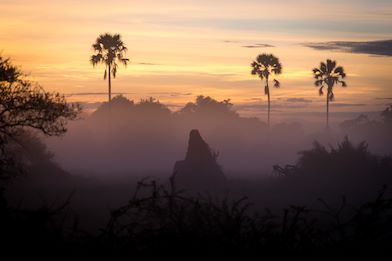
Termites – 5 fun facts about the architects of the Okavango Delta
Read about the fascinating African termites have shaped the Okavango Delta, with termite mounds & di...
Read moreTao Varty
10.06.2025

Rare wildlife to celebrate this World Endangered Species Day
As part of our ongoing effort to increase the world’s wilderness, we create habitats for Africa’s mo...
Read moreLauren Dold
13.05.2025

5 unique desert-adapted animals of Namibia
Only highly adapted wildlife can survive in the desert. Learn more about 5 unique desert-adapted ani...
Read moreTao Varty
05.05.2025

Let’s plan your next journey
Ready?
When we say we’re there every step of the way, we mean it, literally. From planning the perfect circuit, to private inter-camp transfers on Wilderness Air, and easing you through Customs. We’re with you on the ground, at your side, 24-7, from start to finish. Ready to take the road less travelled? Contact our Travel Designers to plan an unforgettable journey.
